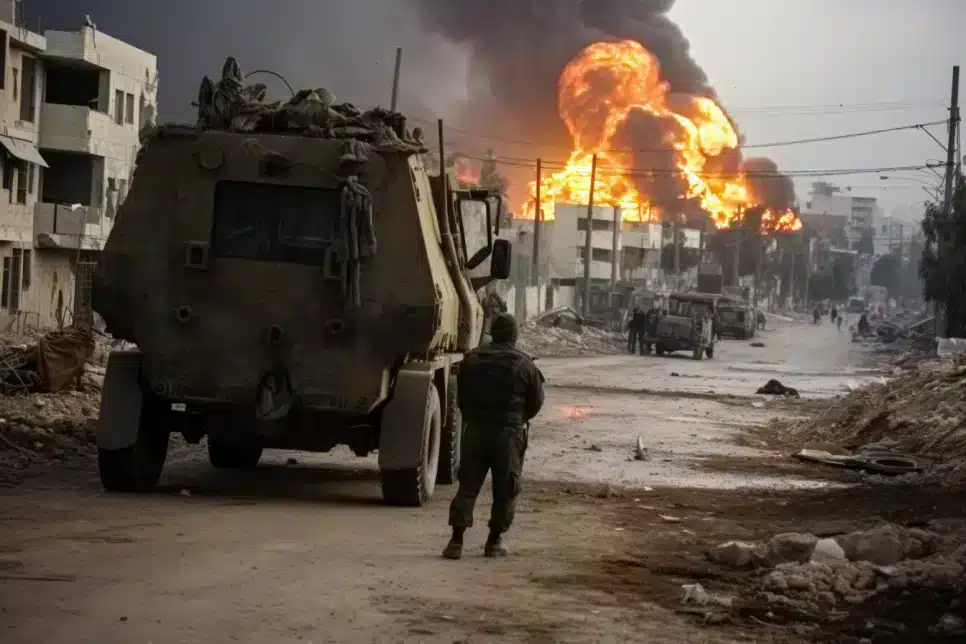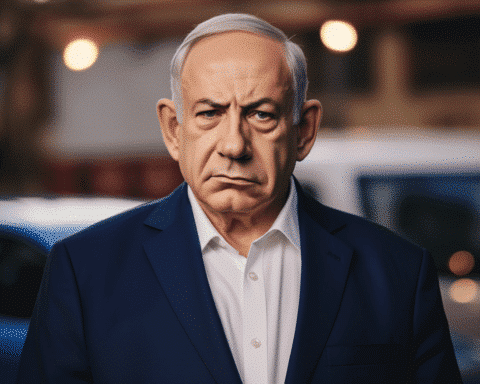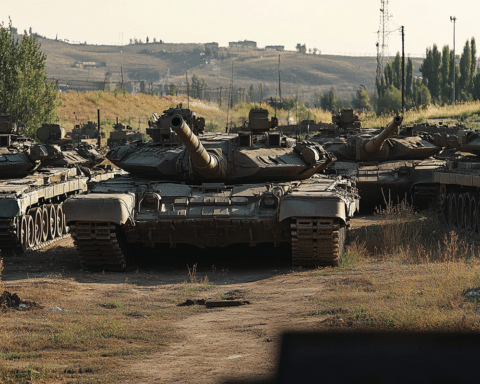In recent developments, internal conflicts have surfaced among top Israeli officials regarding the ongoing war against Hamas in Gaza. The discord, particularly about the strategy for releasing hostages and the extent of the military offensive, marks a significant divergence in opinions at the highest levels of Israeli governance. This rift reveals Israel’s complexity and challenges in navigating this prolonged and intense conflict.
The Israeli War Cabinet is showing signs of fragmentation throughout action against Hamas in Gaza. Notably, Gadi Eisenkot, a War Cabinet member and former army chief, has openly questioned the strategy of releasing hostages held by Islamic militants in Gaza. Contrary to other claims, Eisenkot insists that “illusions” should not be spread about the possibility of releasing hostages through means other than a cease-fire deal.
This statement starkly contrasts with the stance of Prime Minister Benjamin Netanyahu, who has firmly rejected the United States appeals to reduce the intensity of Israel’s offensive. Netanyahu’s position underscored in a recent news conference, emphasizes Israel’s need for total security control, rejecting the idea of a Palestinian state as a threat to Israel’s safety.
The conflict, triggered by a Hamas raid in October, has escalated into one of the most devastating in recent history, with alarming casualty figures and extensive destruction in Gaza. The human toll and material damage have drawn international concern and criticism, with calls for more humanitarian aid and a reconsideration of the military strategy.
Adding to the complexity, the United States, a key ally of Israel, has been advocating for a more restrained approach and the revitalization of the Palestinian Authority. At the World Economic Forum, U.S. Secretary of State Antony Blinken emphasized the necessity of a two-state solution for lasting security in the region.
The war’s impacts extend beyond the immediate conflict zone, with repercussions throughout the Middle East. The involvement of various regional players, such as Iran and Saudi Arabia, highlights the broader geopolitical implications of the conflict.
Eisenkot’s stake in the conflict, with his son killed in Gaza, adds a poignant dimension to his calls for a strategic reassessment. He urges immediate discussions on an endgame strategy, a sentiment not widely shared among the other War Cabinet members.
The unfolding situation in Israel reflects a critical juncture in the country’s approach to the Gaza conflict. The emerging rifts within the Israeli leadership over strategies and objectives underscore the challenges in formulating a cohesive and effective response to the complex and evolving situation in Gaza. As the conflict continues, the need for a balanced and sustainable solution becomes increasingly urgent, not only for Israel and Palestine but for the stability of the entire Middle East region.




